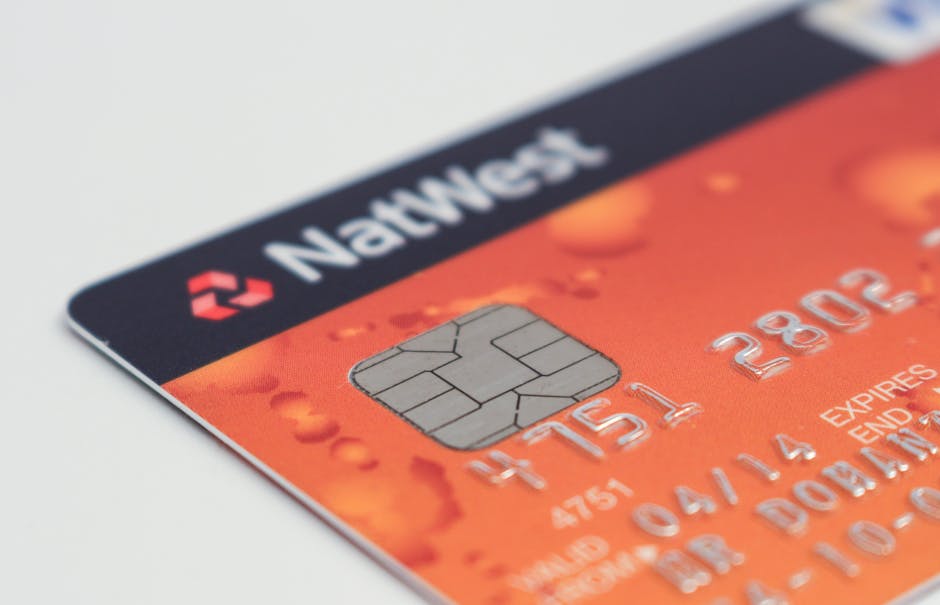Five Things To Do After You Have Been Scammed

It is difficult to have justice when a scam happens to you. Scammers makes sure they cover their tracks. But it is important to know what to do when an online scam happens to you.
- Call Your Credit Card Company and Your Bank. This is the first thing that you should do if you used your credit card number or have given information to a scammer. They will hold your account so that no further charges can be made against it. Never call any number that comes from an email. This might be a phishing scam.
- File a Report. You should report what happened to you. Immediately file a police report, especially when the money was stolen from your account. Your credit card company or your bank may ask a copy of the police report.
You should also report the scam to the Internet Crime Complaint Center and give all the necessary information about the scammer, the time and date. Get in touch with Trading Standards as it is a criminal offense under Consumer Protection from Unfair Trading Regulation 2008. They will take criminal action against the person. - Report a Fraud Victim Statement with the 3 major Credit Bureaus. File the report to TransUnion, Equifax, and Experian. This will put a note that you have been a victim of a fraud. The note also indicates that any business trying to pull your credit report should call you on the phone numbers you provided when you actually reported the fraud alert. If someone calls you, you can tell them that you did not give any authorization for credit inquiry and that anybody who is trying to open your account is a scammer. You can also do “Security Freeze” of your credit reports. This additional action will help to put a hold on ID thieves from opening accounts using your identity. While you are at it, check other details on the advantages and disadvantages of asking for a security freeze on your credit reports.
- Scan Your Computer and Update your Anti-malware Software. Your scam-related email may contain embedded links to a malware which may damage your computer. This malware may be getting your account information and sending it to the scammer. Your anti-malware software must be updated. Install programs that do not clash with each other like MalwareBytes and Microsoft Security Essentials. These are just freewares, but there are premium versions you can get.
- Tell Your Family. You should not be embarrassed by doing so. Tell them that you are taking the necessary steps to mitigate the situation. You are also protecting them by telling them how it happened to you. This will help them not to be the next victim. Inform them on: the different scams, and how to prevent these online scams.
After the scam, you have to tell someone and report. The longer you wait, the longer you recover. Help others by sharing your experience.

 Scammers out there would use all sort of schemes to defraud people of their money. They will try any new or old tricks just to get you to send your money or get some information. Stay a step ahead of cyber criminals.
Scammers out there would use all sort of schemes to defraud people of their money. They will try any new or old tricks just to get you to send your money or get some information. Stay a step ahead of cyber criminals.

